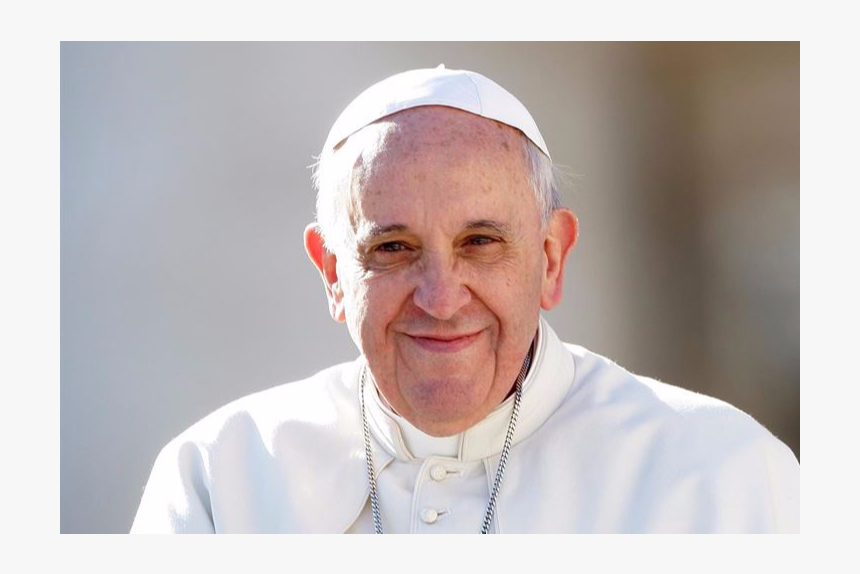The ethical considerations around care decisions through the end of life are not always clear-cut, especially in cases where medical and religious-cultural perspectives collide.
For example, it was recently reported that Pope Francis’s medical team considered letting him die during a period of serious illness. As his doctor explained, the team weighed the risks of treatment against the potential outcome, illustrating a real-world example of the difficult decisions that families and medical professionals must face at the end of life. This decision was made not just within a medical context, but also within the ethical, theological, and cultural frameworks that Pope Francis embodies. In Catholicism, the sanctity of life is a deeply held belief. Yet, this situation raised important questions about when to intervene and when to allow for natural death.
This brings us to the central challenge: how can we navigate these difficult moments with a sense of dignity, compassion, and respect for both the life and the death of our loved ones? As Pope Francis’s situation highlights, these decisions are often laden with cultural, familial, and spiritual significance.
Guidance for Life Conversations
For those struggling with these questions in their own families, here are some guiding points to help navigate conversations about care and rituals through the end of life with loved ones:
- Acknowledge Cultural and Religious Significance – Even if you or your loved one are no longer practicing a faith tradition, consider acknowledging the comfort and continuity rituals can provide.
- Conversation Prompt: “I know we may not practice this faith actively, but would certain traditions bring you peace during this time?”
- Discuss Preferences Early – Have open conversations about what care, ceremonies, and rituals are meaningful before decisions must be made in crisis.
- Conversation Prompt: “If you ever became seriously ill, what would you want us to do to honor your wishes?”
- Balance Belief with Family, Friend, or Community Needs – Consider how religious customs can support the family as a whole, even if individual beliefs vary.
- Conversation Prompt: “This tradition is important to some family members. How can we incorporate it in a way that feels right to you?”
- Be Open to Evolving Traditions – Rituals can be adapted to fit changing beliefs while still honoring cultural heritage.
- Conversation Prompt: “Would you like to create our own way of honoring this tradition in a way that feels meaningful?”
- Respect Differing Generational Perspectives – Older and younger family members may see customs and practices differently. Fostering understanding between generations is key.
- Conversation Prompt: “I know we see this differently, but let’s talk about what feels important to each of us.”
- Seek Ethical and Spiritual Guidance – If conflicts arise, reaching out to a trusted community leader or ethics advisor can help navigate difficult decisions.
- Conversation Prompt: “Would it be helpful to speak with someone who has experience guiding families through this?”
It is important to remember that a person’s religious practice or lack thereof does not necessarily dictate their end-of-life wishes. Inclusivity means creating space for nuanced conversations, respecting individual choices, and ensuring that cultural traditions remain a source of comfort rather than conflict. Recognizing the complexity of these decisions allows families to honor both the past and the evolving beliefs of the present.
Danurys “Didi” Sanchez is a Senior Research Staff Associate at the Taub Institute, where she has dedicated over twenty years to aging research. She also founded Communities for Responsible Bioethics, LLC.
As the Project Coordinator for the Washington Heights-Hamilton Heights-Inwood Community Aging Project (WHICAP), she has led initiatives to engage Spanish-speaking and African American communities in Alzheimer’s research and education. Her work focuses on improving community knowledge about brain health and advance care planning


This article feels incredibly meaningful. Conversations about end-of-life rituals can be so delicate and emotional, and I appreciate how you approach the topic with such empathy and clarity. The tips you offer make these hard discussions feel more human and less intimidating. I love that you honor the wide range of cultural and religious practices people bring into these moments. You created a guide that is compassionate, practical, and truly needed.